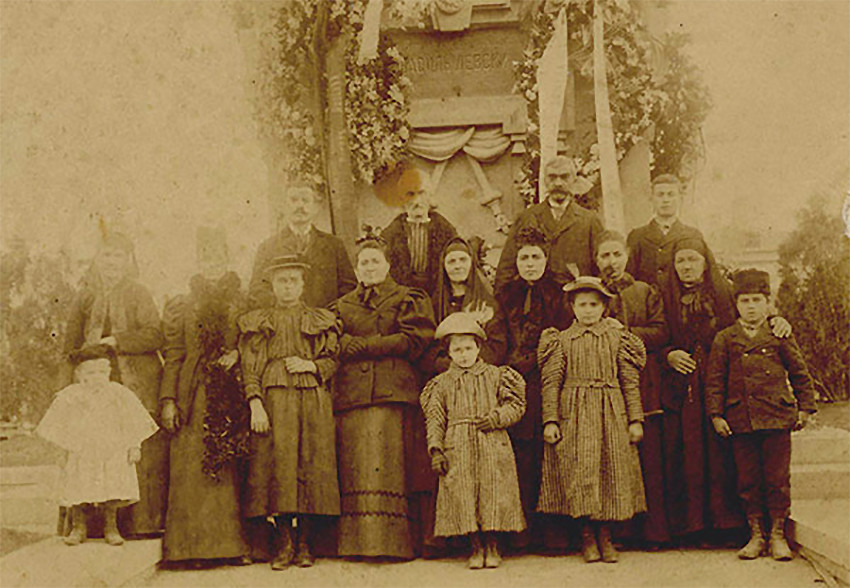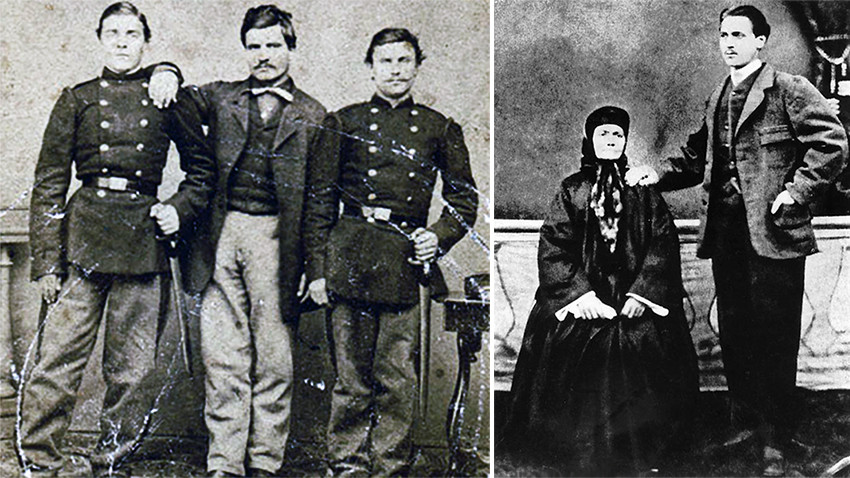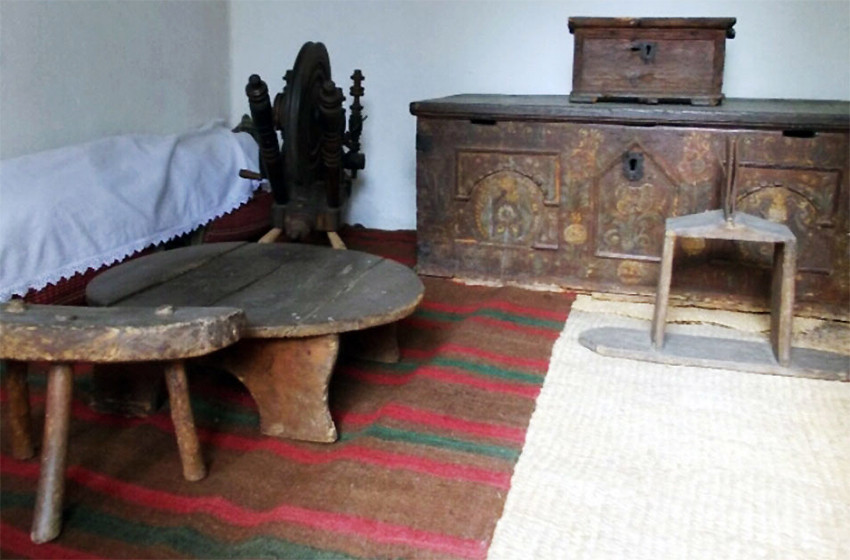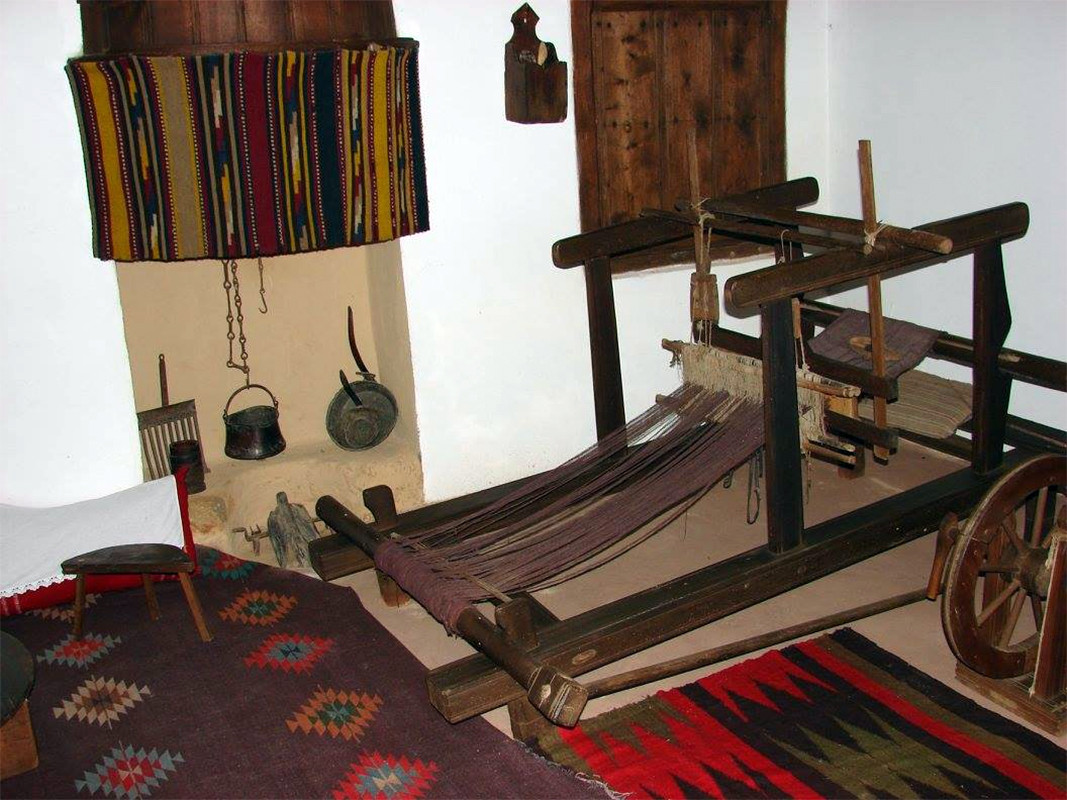Piece by piece, the puzzle of Bulgarian history is being put together. New and unexpected discoveries fill in the missing places, adding more and more details to the events and portraits of the most prominent sons and daughters of Bulgaria.
In 2018, a previously unknown photo of the Deacon caused a sensation, and only two years later, Bulgarian historian and Ottomanist Dr. Grigor Boykov, one of the most prominent researchers of Vasil Levski's life and work, came across an old register of the male population of Karlovo from those years. It shows that Vasil Ivanov Kunchev was born in 1840, i.e. three years later than what was known in the history books.
"Unfortunately, neither a baptismal certificate of young Vasil, nor a church register has been preserved. This is the main reason for the big discrepancies in the date and year of the Apostle's birth - explains Nadezhda Petrova, curator at the National Museum "Vasil Levski" in Karlovo. - The date of 18 July 1837 was given by a wide council of relatives around 1895 on the occasion of the opening of the monument to the Deacon in Sofia.

"Clearly, when there is a document, we should refer to it and perhaps gradually 1840 will be established as the year of Vasil Levski's birth," says Nadezhda Petrova.
There are other interesting facts about Levski's childhood and adolescence that are little known to the general public. Vasil was the second of five children in the family of Ivan and Gina Kuncheva. His paternal lineage is less well researched, unlike that of the Karaivanovs, one of the largest and wealthiest families in Karlovo on his mother's side.
As a schoolboy, Vasil was sent as an apprentice to learn to sew kaftans (a long sleeveless garment fastened at the front). He was 10 years old when his father died (according to new records of the year of his birth). He became a novice under his uncle Basil, a monk at the Hilendar monastery.

"He sent him to singing lessons to learn the sacred singing with the most famous teacher in Karlovo Rayno Popovich, who founded one of the first secular schools in Bulgaria - says Nadezhda Petrova.- Vasil had a very beautiful singing voice and besides the church hymns he also loved to sing folk songs, which he learned from his mother and later from the people in the village of Voynyagovo, where he was a teacher."

In Karlovo it is said that at that time children often held competitions in which Vasil was always the best jumper - he jumped the farthest and the highest of all. That is why they called him "Levski" (of a lion). Others think he got this name while he was part of the First Bulgarian Legion in 1862, but there is another version.
"It's well known that he paints well - he himself sketched and then embroidered two lions on his vest, that's why people started calling him Levski. Later in his life as a revolutionary he often disguised himself, took on different roles - that of a rich merchant, a beggar, a Turk and so on. And these are some serious acting talents - believes the curator of the museum in Karlovo. - So he clearly had a touch for art."
Various folk legends tell of romantic stories of Vasil Levski with one girl or another.

"Whether there is a grain of truth in these folk tales, or they are born out of people's desire to connect with Levski in this way, we can only guess", Nadezhda Petrova notes. "Yes, these stories are very beautiful, they make him a full-blooded man, but we should also keep in mind something else: at his ordination he took three vows: poverty, obedience and chastity. These vows are given for life, whether he will serve as a monk or accept another vocation, as is the case." All these facts complete the image of the revolutionary Levski, show him with his joys and anxieties and help us to get to know Vasil as a human being, not only as a freedom fighter.
All these facts complete the image of the revolutionary Levski, show him with his joys and anxieties and help us to get to know Vasil as a human being, not only as a freedom fighter.

From 16 September, the History Museum in Panagyurishte will be hosting the original Panagyurishte Gold Treasure. The priceless find will be displayed in the museum’s secure vault hall, where it can be seen until October 23. The treasure will be on..
On September 14, the Bulgarian Orthodox Church bows down before the cross on which Jesus Christ was crucified . The Exaltation of the Holy Cross of the Lord or Cross Day is one of the 12 great Christian holidays. It is one of the four days..
Today, Bulgaria celebrates the 140th anniversary of the Unification of the Principality of Bulgaria and Eastern Rumelia. The center of the festivities is Plovdiv, where on this day in 1885, after the entry of the Golyamo Konare detachment into the..

+359 2 9336 661
